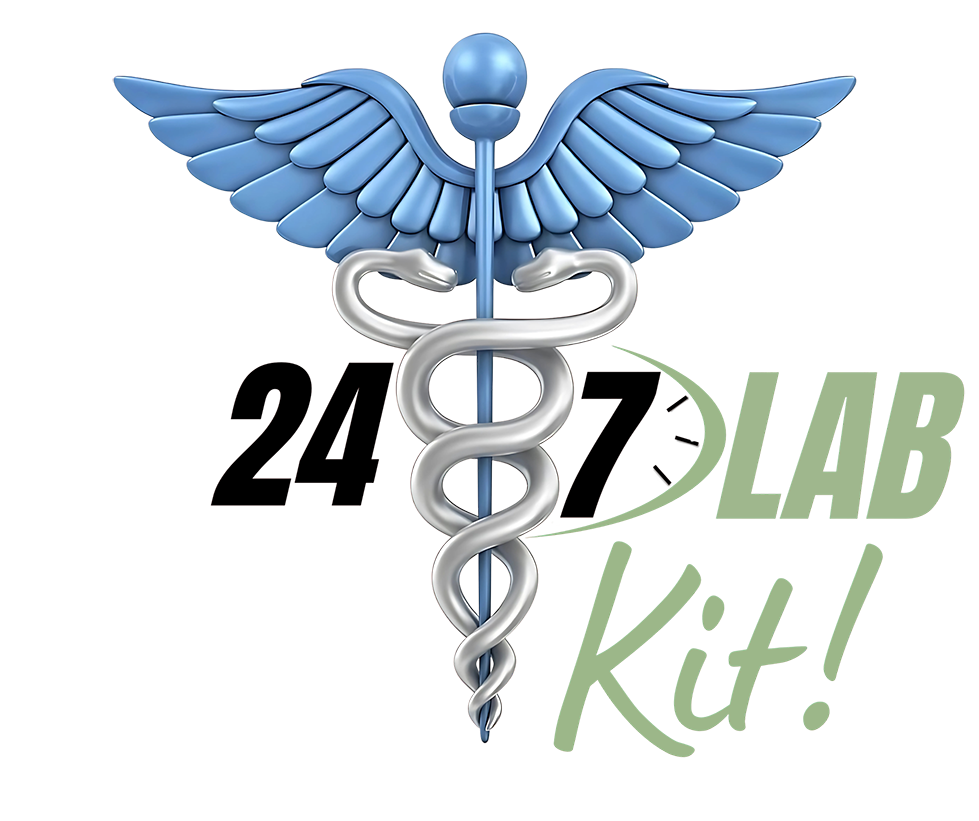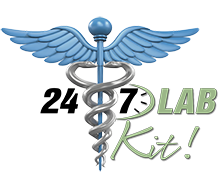Menopause Education
for 2023
From hot flashes and night sweats to mood swings and changes in your period–menopause wreaks havoc in the lives of middle-aged women. But what is menopause, anyway? While many of us have heard of it, it is often just accepted and rarely understood. To help you gain a deeper understanding of menopause education, this blog discusses everything from the nature of menopause to its symptoms and potential treatments to help you be as prepared as possible.
What is Menopause?
According to the National Institute on Aging, menopause education describes the point in time 12 months after a woman’s final period. During this time, the body begins to use energy differently, fat cells change, and women often gain weight quicker and more easily. Beyond that, some women may also experience changes in their bone and/or heart health. As is the case with many health-related issues, the menopausal transition affects each woman differently and in assorted ways. It also doesn’t come on at the same age in every case, but can be expected between the ages of 45 and 55. Common Menopause Symptoms

As we mentioned prior, menopause hits everyone differently, likewise exhibiting a variety of symptoms. Mayo Clinic explains the following symptoms as some of the most common.
- Irregular periods
- Vaginal dryness
- Hot flashes
- Chills
- Night sweats
- Sleep problems
- Mood changes
- Weight gain/slowed metabolism
- Dry skin
- Thinning hair
- Loss of breast fullness
Exploring The Three Stages of Menopause

The Cleveland Clinic explains that there are three stages of menopause. These include perimenopause, menopause, and postmenopause. Read below for a more detailed description of each.
Perimenopause
This term describes the time leading up to menopause in which hormones begin to decline and menstrual cycles are either erratic or irregular. During this time, women may experience various side effects of menopause, such as vaginal dryness and hot flashes.
Menopause
As described earlier, menopause describes where you’re at 12 months after your last period. This occurs because your body ceases to produce the hormones that cause a menstrual period. Once this happens, your body enters postmenopause.
Postmenopause
This describes the period where you’ve gone 12 months without a period. At this point, a woman’s reproductive years are behind her. Also, during this stage, hot flashes either get milder or go away entirely and women become more at risk for heart disease and osteoporosis. To reduce the risk of such conditions, doctors recommend either medication or a change in lifestyle. How to Prepare for Menopause

While menopause is inevitable, that doesn’t mean it has to hit you like a pile of bricks. In fact, there are many steps a woman can (and should) take to prepare their body ahead of time. Healthy Women suggests taking the following measures.
Adjust Your Diet
Are you one of those people that are lucky enough to be able to eat what they want and still maintain a healthy weight? If so, we have some bad news for you. Once menopause hits, gaining weight becomes much easier, even occurring at a quicker rate than before. Beyond that, your metabolism is likely to decrease. To avoid becoming overweight in this already trying time of your life, make sure your diet is rich in fruits, vegetables, and lean proteins like fish and chicken.
Maintain a Healthy Weight
Entering menopause at a healthy weight is crucial because as you age, your risk of heart disease, diabetes, and obesity rises. Furthermore, obesity increases the risk of certain cancers, as well as other diseases. So, as you can see, it’s a slippery slope. On the other hand, weighing too little can also cause issues. In the end, you want to stick to a nutrient-rich diet that allows you to maintain a healthy weight.
Exercise Regularly
While changing your diet is a great start, it isn’t enough on its own. Try also upping the amount of exercise you’re getting by adding things as simple as daily walks or yoga to your lifestyle. And if you can’t always find time for such activities, dance to music while cleaning up or park your car just a bit further the next time you visit the grocery store for added activity.

Decrease Your Risk for Osteoporosis
As we mentioned earlier, menopausal women also face a greater risk of osteoporosis, causing 1 in 2 women over 50 to break a bone as a result of the condition, according to the National Osteoporosis Foundation. To help protect your bones, you might consider strength training and increasing your calcium and vitamin D intake.
Get Enough Sleep
Symptoms like hot flashes often make it difficult for menopausal women to sleep. A 2019 study concluded that sleep disorders such as obstructive sleep apnea and restless leg syndrome are common in women at this time of their lives. To help combat sleep issues and practice good sleep hygiene, consider creating good sleep habits like avoiding excessive amounts of caffeine, not taking naps during the day, maintaining a cool room temperature, and the like.
When is it Time to See a Doctor?

Seeing a doctor regularly is always crucial, not only for preventative care but also for addressing any immediate health concerns. As you grow in age, preventative care might look different, with various additional tests and exams, such as thyroid testing and breast and pelvic exams. Menopause is a natural part of life that is rarely a cause for concern. However, if you find that you are bleeding from your vagina AFTER menopause, a doctor’s visit is definitely in order.
247Labkit Hormonal Testing
Through hormonal testing, 247Labkit can help test the levels of FSH in the blood to determine where a woman is at in her menopausal journey–all from the comfort and privacy of home. If you’re interested in learning more, visit us here to learn more.




Comments are closed